Traditional food processes
About LoFi

KA220-SCH – Cooperation partnerships in school education
2021-1-ES01-KA220-SCH-000024513
The LoFi project (Developing Key Competencies for Local traditional knOwledge on Food Processing in High School Education) aims to design and develop the training plan and materials focused on traditional knowledge on food processing issues.
Funded by the European Union. Views and opinions expressed are however those of the authors) only and do not necessarily reflect those of the European Union or the European Education and Culture Executive Agency (EACEA). Neither the European Union nor EACEA can be held responsible for

Artisanal food contains not only the physical environment properties, but also the production processes particularities granted by the local culture in an specific, collective, and sustainable know-how.
Food intake transcends its nutritional level to display ritual, symbolic and social aspects. Stories, beliefs, rituals, and traditional food processing have always been linked and transferred from generation to generation. Thousands of years later, food continues being to be a family and social bonding factor. It configurates identity, memories, tradition, and meeting spaces.
our team

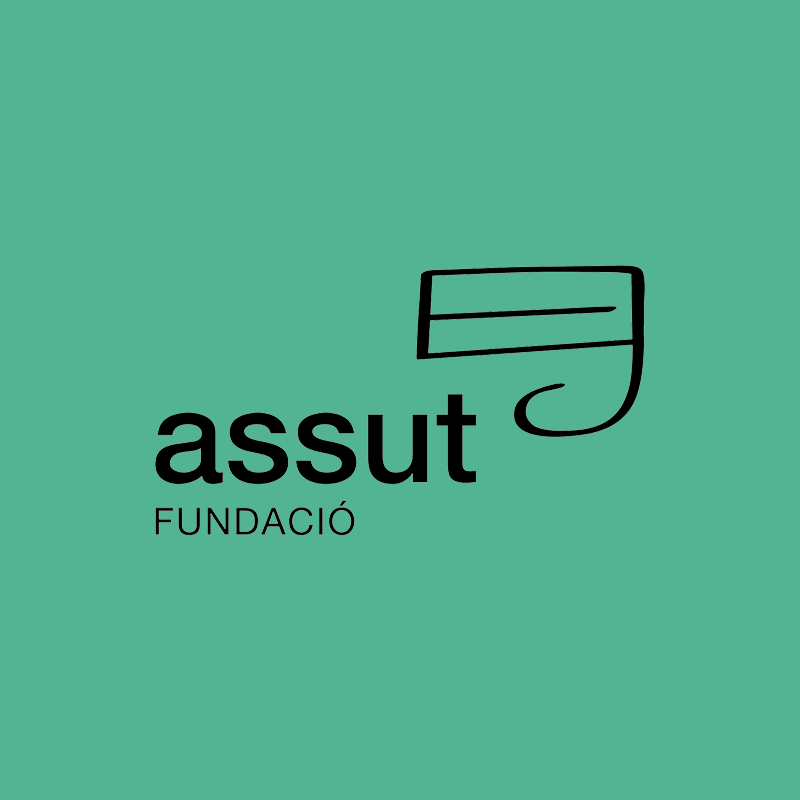
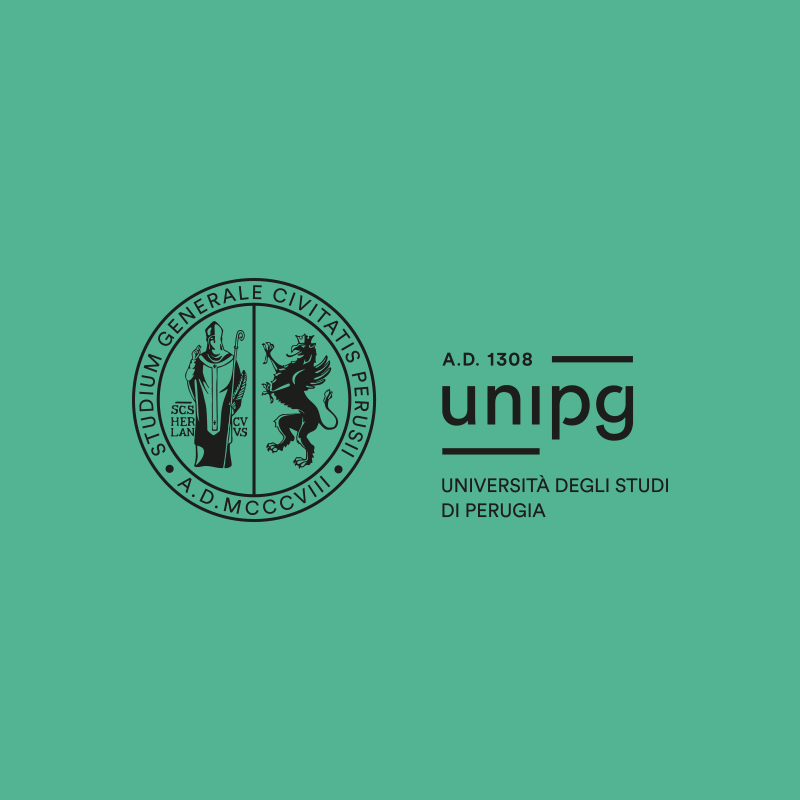

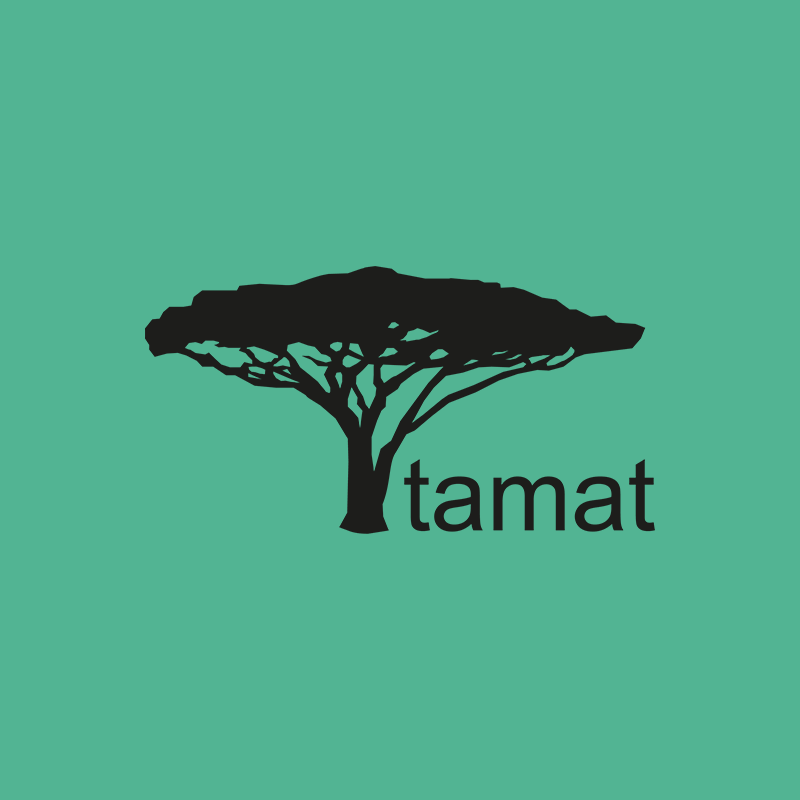



About us
Find out moreTraditional
food processes
Local knowledge concerning traditional food processing and its main agents (mainly elders) are disappearing without a clear attempt to gather and disseminate their personal and collective experiences. The loss of knowledge on this scope is irreversible. The globalization of the food system, the urban development, or the disappearance of generational relief in traditional practices are some of the most significant issues, depriving us of a formidable legacy of knowledge and dismissing its adaptive and mitigation potential in climate change scenarios and agri-food relocations. The local traditional food processing composes geo-specificity and reflects the local community-led choices. We should add to this the cultural wealth contributed by other countries, communities, and cultures, which are a part of our cultural heritage and are structural elements of our dynamic communities.
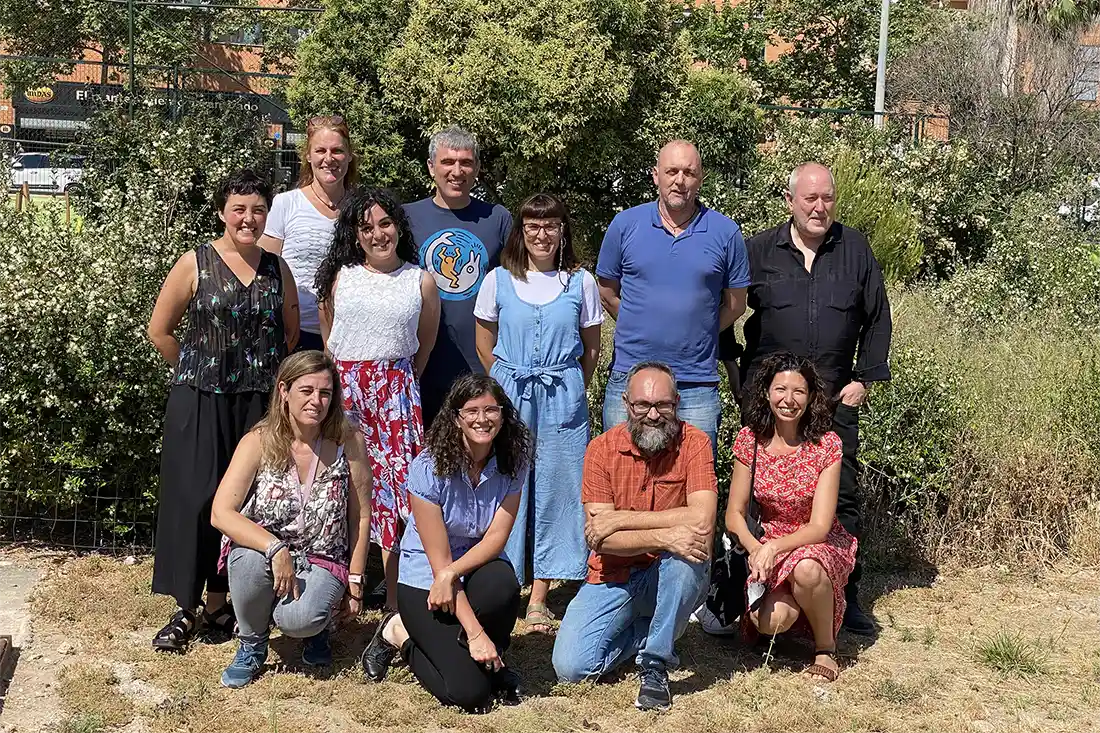

Food and related processing practices
Food and related processing practices can provide a formidable platform for building a more democratic and inclusive society, creating the opportunity for communities to take off cultural sharing. Linking potential between individuals through food experiences is one of the key axes when attempting a cross-generational and intercultural dialogue.
The project aims to
Design and develop the training plan and materials needed to build up a toolkit containing teaching tools focused on traditional knowledge on food processing issues addressed to teach their agri-food system´ ’s engagement, complexity, adaptiveness, and variety.
Design and develop a toolkit for data recording, including cross-sectional instruments, such as visual art tools.
Build-up and develop an open-access GIS-based repository to share local traditional knowledge on food processing.

